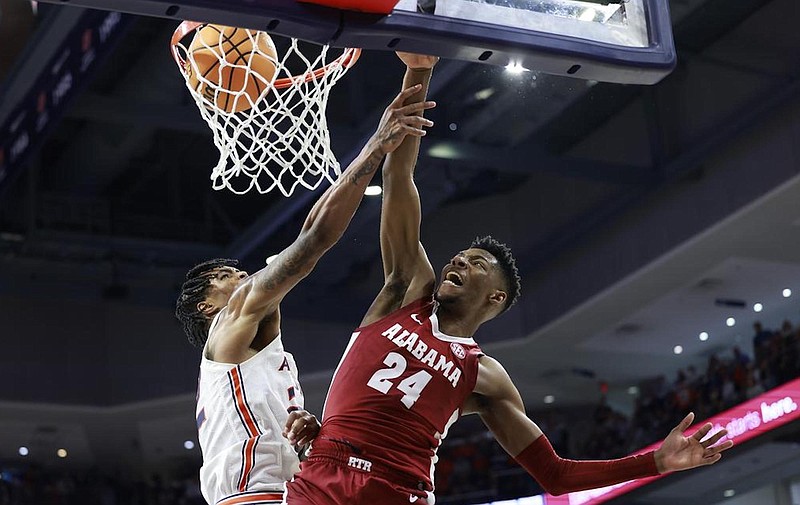The unfolding events surrounding the alleged involvement of University of Alabama freshman basketball player Brandon Miller in a recent criminal case have sent shockwaves through the Tuscaloosa community. According to the Tuscaloosa police, Brandon Miller reportedly provided Darius Miles, his teammate, with the firearm used to commit a fatal shooting on January 15th that resulted in the untimely death of Jamea Jonae Harris, a 23-year-old woman.
During a preliminary hearing for Miles and Michael Davis, both of whom have been charged with capital murder for their alleged roles in the tragic event, Detective Branden Culpepper testified that Miller had delivered the weapon to Miles at his request. While Miles had admitted to providing the gun, it was Davis who had fired it, Culpepper said. Miles had apparently disclosed the location of his weapon in Miller’s car to Davis.
Despite the grave allegations against Miller, Tuscaloosa chief deputy district attorney Paula Whitley confirmed that there are no charges against him. Alabama head coach Nate Oats stated in a news conference that the program had been aware of Miller’s connection to the case, but added that Miller has not been in any kind of trouble related to it. The coach emphasized that the program has been fully cooperating with law enforcement and expressed his deep condolences to the family of the victim.
The shooting occurred on the Strip, a popular area for students near the Tuscaloosa campus, known for its abundance of bars and restaurants. Harris, who was sitting in the passenger seat of a car, was tragically struck by a bullet. While Miller has not been charged in the case, both Miles and Davis face serious charges and were denied bond by Tuscaloosa County District Judge Joanne E. Jannik. The case will be forwarded to a grand jury.
The incident has rocked the university community and prompted reflection on issues surrounding gun violence, safety, and responsibility. While the full extent of Miller’s involvement in the case remains unclear, the sobering events serve as a reminder of the gravity of criminal acts and the need for justice to be served.

